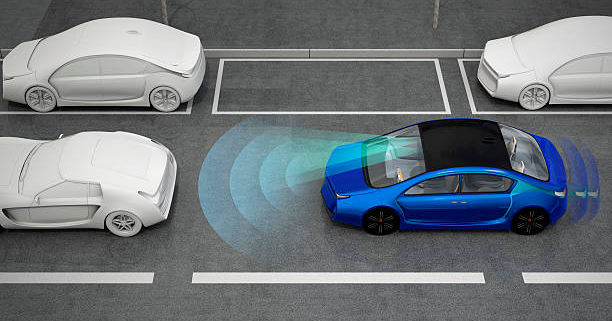The Legal Implications of Autonomous Vehicles: Navigating the Future of Transportation Law
As technology continues to advance at an unprecedented rate, one area that has captured the imagination of both innovators and legal professionals alike is autonomous vehicles. These self-driving cars represent a potential revolution in transportation, but they also bring forth a myriad of legal implications that require careful consideration. In this blog post, we will explore the legal landscape surrounding autonomous vehicles, shedding light on the key challenges and opportunities they present to our society.
-
The Rise of Autonomous Vehicles
Autonomous vehicles, also known as self-driving cars, are no longer the stuff of science fiction. Major automotive and tech companies have invested billions of dollars in developing this technology, aiming to redefine the way we commute. While fully autonomous vehicles are not yet a common sight on our roads, numerous prototypes and limited deployment initiatives have already made their mark.
-
Regulatory Challenges
The introduction of autonomous vehicles poses unique regulatory challenges for lawmakers and legal practitioners. One of the primary concerns is establishing a comprehensive legal framework that ensures safety, liability, and accountability. Questions arise regarding the allocation of responsibility in accidents involving self-driving cars. Should the vehicle’s manufacturer, the software developer, or the owner be held liable? Striking the right balance between innovation and public safety is a complex task that requires careful deliberation.
-
Privacy and Data Security
Autonomous vehicles generate an enormous amount of data while in operation, such as location, speed, and even passenger behavior. This data raises concerns about privacy and data security. Who has access to this data, and how is it protected? Policymakers must address these concerns and establish robust guidelines to safeguard individuals’ privacy rights while leveraging the benefits of data-driven technologies.
-
Ethical Considerations
Autonomous vehicles also present ethical dilemmas. Programming self-driving cars to make split-second decisions in life-threatening situations raises profound moral questions. For instance, should a self-driving car prioritize the safety of its occupants over the safety of pedestrians? Developing clear ethical guidelines to govern the decision-making algorithms of autonomous vehicles is a crucial task that requires interdisciplinary collaboration between technologists, ethicists, and legal experts.
-
Intellectual Property and Patents
With the rapid advancement of autonomous vehicle technology, intellectual property rights and patents play a vital role. Companies investing substantial resources in developing autonomous vehicle systems need assurance that their innovations are protected. Intellectual property laws must adapt to accommodate the unique challenges posed by autonomous vehicles to foster innovation while avoiding unnecessary litigation.
-
Employment and Labor Laws
The advent of autonomous vehicles raises concerns about the impact on employment. With the potential for self-driving cars to replace certain job roles, such as truck drivers and taxi drivers, it becomes essential to evaluate the implications for employment and labor laws. Policymakers must anticipate these changes and proactively address potential disruptions to the workforce.
As autonomous vehicles gradually become a reality, the legal landscape must adapt to accommodate the challenges and opportunities they present. Policymakers, legal professionals, and industry stakeholders must collaborate to establish a comprehensive regulatory framework that addresses safety, liability, privacy, and ethical considerations. By navigating the legal implications associated with autonomous vehicles effectively, we can unlock the full potential of this transformative technology while upholding the values and principles that underpin our legal system.

